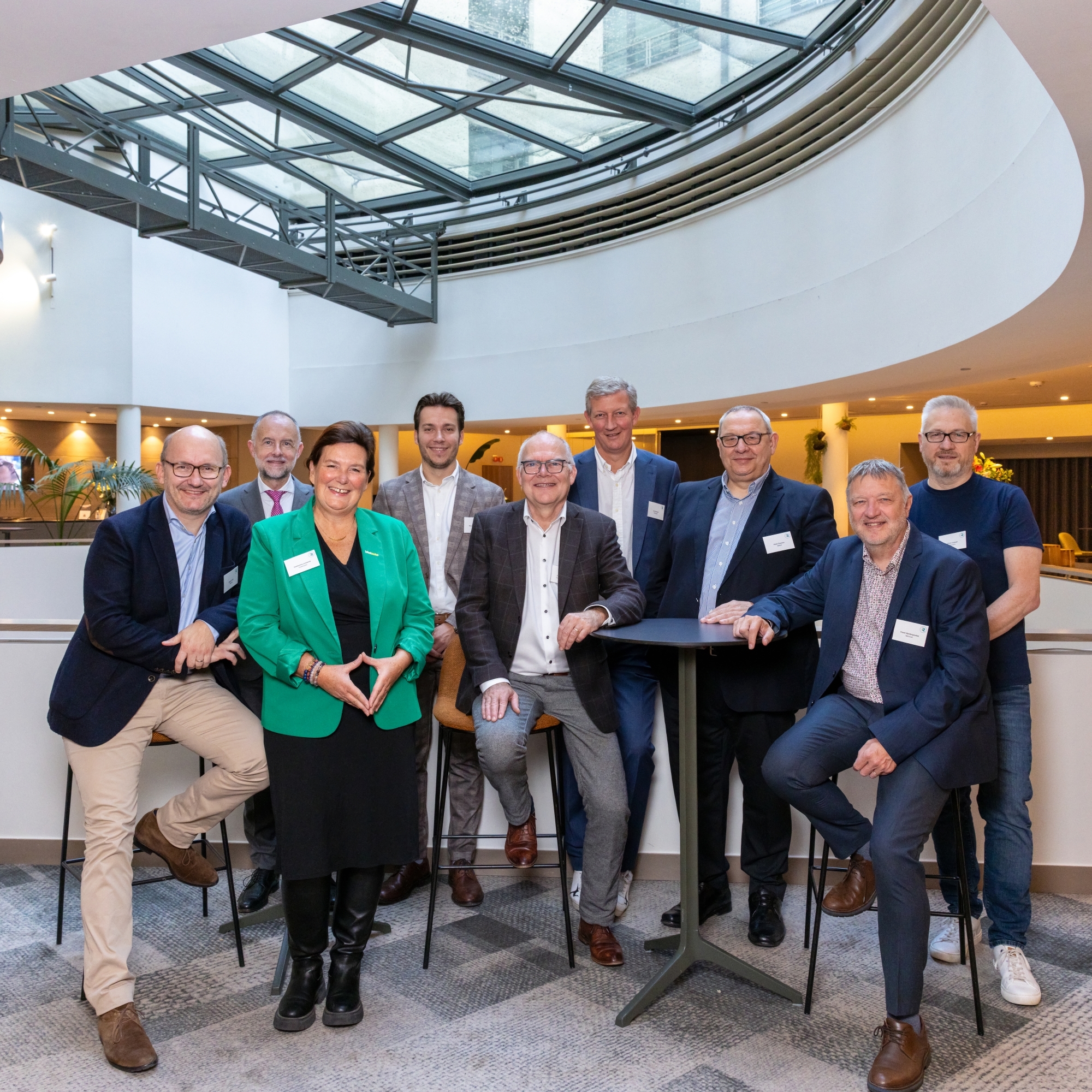Four reasons why producer organisations are the key to a sustainable society
On 16 October, nine leading producer organisations from Belgium met in the heart of the European quarter. We put forward four reasons why Producer Organisations are the key to a sustainable society.
Climate change is undoubtedly one of the biggest challenges facing this generation. Members of the public, businesses and governments agree. The way we produce and consume needs to change. But that is no easy task. For people to choose sustainable alternatives, these alternatives must be available. For companies to design their systems differently, there must be a framework. And for governments to make the right decisions, they must have all the information. This is precisely where the strength of producer organisations lies: in bringing all the pieces of the puzzle together so that real material circularity becomes a reality.
1. Identifying shared challenges
The nine EPR organisations may each have their field of activity – from car tyres and batteries to packaging – but in many areas their competences intersect. The e-commerce sector is just one example. By thinking collectively with policymakers, we avoid reducing sustainability to a single aspect.
2. Creating systemic transformation
The price tag for extending the sorting message for plastic household packaging in the PMD bag was no less than €300 million. This was factored into companies' Green Dot contributions. The additional financial effort made by companies mainly served to equip the new sorting centres and take the new plastic material types to the recycling facilities. Viewing and organising the chain as a whole keeps costs and efforts in balance.
3. Tackling problems at the source
Properly recyclable packaging has been allocated a lower Green Dot rate in Belgium for years. The next step is to reward packaging made from recycled material. With the Netherlands in the lead, packaging producer organisations from the Netherlands, France, Belgium and Luxembourg are together taking steps towards a clear reporting system.
4. Stimulating technological innovation
The European Critical Raw Materials Act aims to keep valuable materials from end-of-life products in Europe. But European labour costs do not allow dismantling, processing and recycling to be organised in the same way as in, say, Southeast Asia or China. And it's just as well. Industrial systems are needed, equipped with the latest technologies such as AI and machine-learning. Developments intended to improve one material flow can bear fruit in the rest of the chain.
What is Extended Producer Responsibility?
Extended Producer Responsibility (EPR) is a policy approach that holds producers accountable for the environmental impact of their products throughout their life cycle, including the end-of-life phase. It shifts the financial and organisational burden of waste management from municipalities and taxpayers to the companies that make and sell the products. EPR encourages manufacturers to design products that have a lower environmental impact and improve collection, reuse and recycling at end of life.
ROUND is the alliance of Belgian EPR organisations and currently has nine members: Bebat (batteries), Febelauto (vehicles and batteries from electric and hybrid vehicles), Fost Plus (household packaging), PV Cycle (solar panels), Recupel (electric and electronic appliances), Recytyre (tyres), Valipac (industrial and commercial packaging), Valorlub (lubricants) and Valumat (mattresses).

- Visit the ROUND website to learn more about the Belgian EPR organisations and their fields of action: www.round.be.
